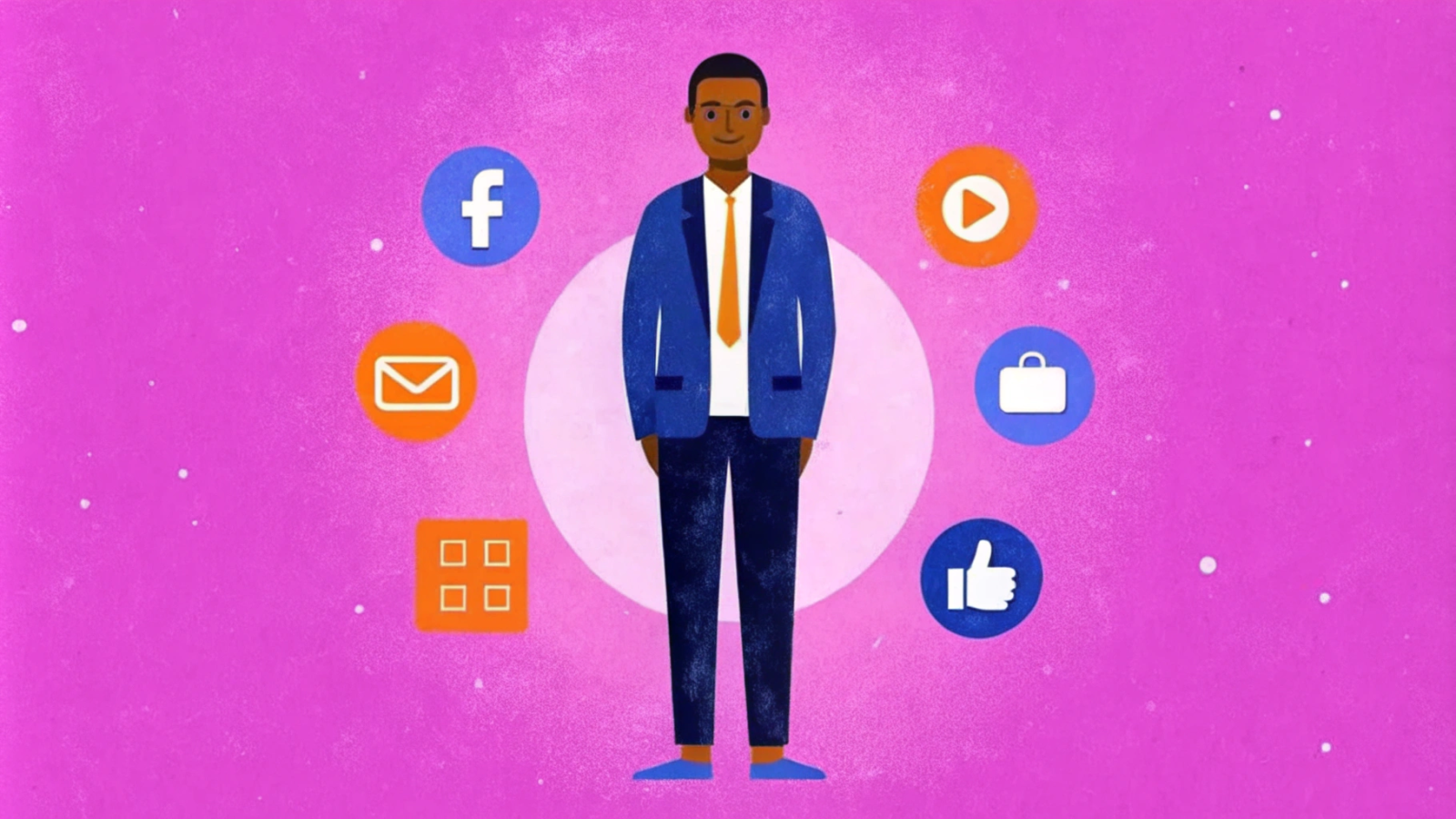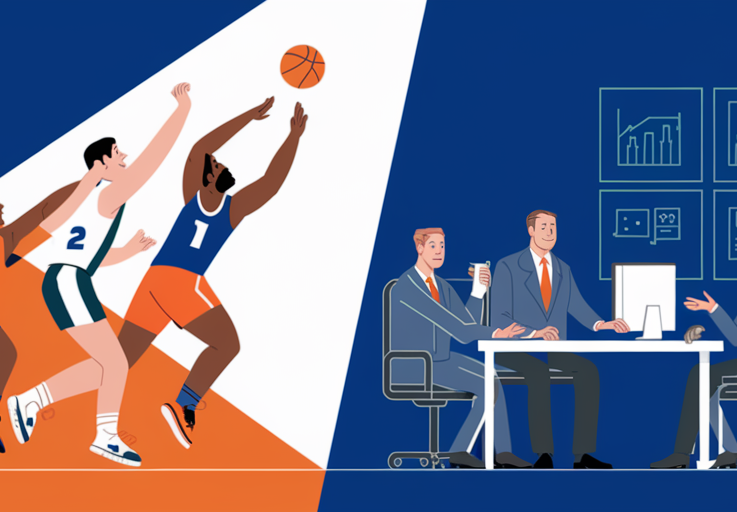
Why Building a Personal Brand is Crucial for Your Career Development
Learn our strategies to create a distinctive personal brand identity that can set you apart in today’s professional arena.
Insights from a seasoned HR veteran
Greetings! As we navigate the challenging terrain of career development, I come to you with insights borne from extensive experience in human resources and recruitment. My tenure in this field has exposed me to both strategic triumphs and bewildering missteps in talent acquisition. Today, I’ll share why establishing a robust personal brand is indispensable for your professional journey.
Lessons from the front lines
Consider the case of an applicant—let’s call him Greg—who sought a high-profile managerial position. Greg’s resume was meticulously crafted, yet it stretched the truth about his leadership experience, which turned out to be more about coordinating social events than leading teams. When uncovered during the interview, this discrepancy undermined his credibility drastically.
The importance of authenticity: This example underscores the first critical insight: Authenticity is paramount. A personal brand must be a genuine reflection of one’s professional capabilities and experiences. Misrepresenting skills can lead to mismatched job placements, which often result in dissatisfaction for both the employee and the employer.
In Greg’s case, a more honest depiction of his abilities could have directed him to a role that matched his actual skills, setting the stage for genuine growth and success.
Misalignments and misadventures: Another notable example was Widget Corp.’s attempt to attract innovative leaders through a high-tech virtual reality challenge. The campaign aimed high but targeted poorly, attracting candidates who far exceeded the technical needs of the positions available. This misalignment led to a cumbersome hiring process, wasting resources and causing frustration on all sides.
Building a digital persona: In today’s digital-first world, your online presence often serves as the initial point of contact with potential employers. It acts as a standard bearer of your professional identity. For instance, consider Jane, a mid-level marketer with digital creativity.
Her online persona, showcased through her professional blog on innovative marketing strategies, captured the attention of a major tech firm, leading to a career-defining role. This example illustrates how a well-maintained digital brand can open doors to opportunities that are well-aligned with one’s skills and aspirations.
Balancing style and substance: It’s also vital to balance the aesthetic and substantive elements of your personal brand. ‘Flashy Freddy,’ as he was known in professional circles, focused heavily on his stylish persona but lacked substantial professional depth, which became apparent when he failed to deliver on a critical project.
This incident serves as a cautionary tale: a successful personal brand must integrate both style and substance.

Actionable takeaways
- Embrace Authenticity: Build a personal brand that truthfully represents your skills and professional experiences.
- Ensure Consistency: Your personal brand should be consistent across all platforms and interactions, creating a coherent image of your professional identity.
- Focus on Substance: Invest in developing your skills and capabilities. Highlight real achievements that can substantiate your professional image.
- Leverage Digital Platforms: Utilize digital tools and platforms to amplify your brand effectively, reaching potential employers and collaborators.
Forging ahead: Branding your way to success
In the competitive arena of job markets, your personal brand serves as both shield and standard. Crafting a brand that genuinely reflects your professional ethos and competencies is not just beneficial—it is essential. But, your brand doesn’t just stop at creating the right image—addressing potential challenges in your career path is just as critical. Learn how to handle employment gaps on your resume and in interviews to ensure your personal brand remains strong, even during career transitions.


